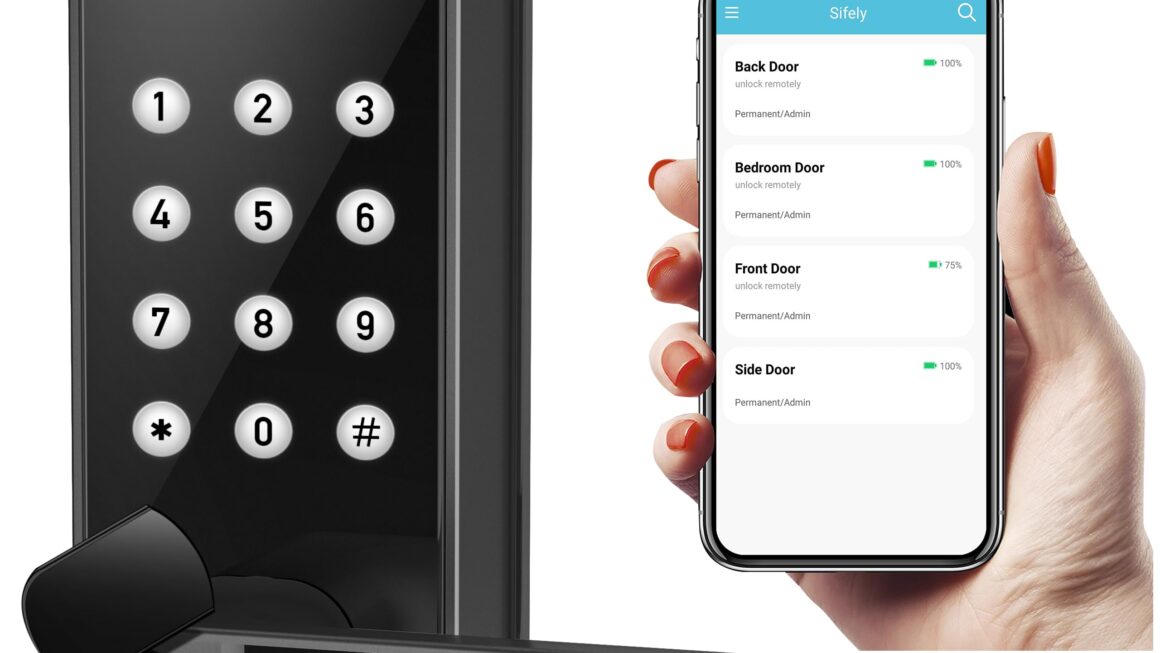Imagine you’re at a prestigious event, and a renowned dentist introduces themselves as ‘Dr. Smith.’ You might find yourself wondering, ‘Can I write Dr. after BDS?’ This question delves into the complexities of professional titles in dentistry and the nuances surrounding the use of ‘Dr.’ in the field. As you ponder this scenario, consider the layers of significance attached to such a seemingly simple title and how it relates to your own practice and professional identity.
The Significance of ‘Dr’ in Dentistry
- The title ‘Dr’ in dentistry holds a significant weight, signifying the advanced level of expertise and education attained by dental professionals. The importance of professionalism in the field of dentistry can’t be understated. As a dental professional, your conduct, demeanor, and interactions with patients play a crucial role in establishing trust and credibility. Upholding high ethical standards and demonstrating a commitment to excellence are essential aspects of professionalism that are symbolized by the title ‘Dr’.
- Academic achievements serve as the foundation upon which the ‘Dr’ title is bestowed. Years of rigorous education, training, and practical experience culminate in this prestigious designation. Achieving a doctoral degree in dentistry requires dedication, perseverance, and a passion for oral health care. It represents the culmination of countless hours spent studying, practicing, and honing one’s skills to provide the best possible care for patients.
-

Can I Write Dr After Bds?
Understanding BDS Qualifications
- To grasp the essence of BDS qualifications, delve into the core curriculum and clinical training standards. A Bachelor of Dental Surgery (BDS) degree program typically spans five years and equips students with the necessary knowledge and skills to practice dentistry. The curriculum covers subjects such as dental anatomy, oral pathology, radiology, and dental materials, preparing students for the various aspects of dental care. Clinical training is a vital component of BDS programs, allowing students to gain hands-on experience in diagnosing and treating patients under the supervision of experienced faculty.
- After completing a BDS degree, individuals have the option to pursue further education to specialize in areas such as orthodontics, oral surgery, or pediatric dentistry. These postgraduate programs provide dentists with advanced knowledge and skills in their chosen field, opening up a wide range of career opportunities. Specializing can lead to enhanced job prospects, higher earning potential, and the ability to cater to specific patient needs.
Professional Etiquette and Titles
- Upon completing your BDS degree and entering the field of dentistry, it’s essential to understand the professional etiquette and appropriate titles to use in your practice. When addressing patients, it’s customary to introduce yourself using your title of ‘Doctor’ followed by your name. This helps establish credibility and trust with your patients. In networking events within the dental community, using the title of ‘Doctor’ also conveys respect for your profession and expertise.
- Maintaining professionalism by using the appropriate title is crucial not only in patient interactions but also in professional settings. It reflects your level of education, expertise, and dedication to your field. Addressing patients as ‘Doctor’ can help instill confidence in them regarding your abilities and knowledge, fostering a positive patient-doctor relationship. Similarly, in networking events, using the title of ‘Doctor’ can command respect from colleagues and peers, enhancing your professional reputation. Remember, these small gestures can make a significant impact on how you’re perceived in the dental community.
Legal Implications and Regulations
Understanding the legal implications and regulations surrounding the use of professional titles in dentistry is crucial for maintaining compliance and upholding ethical standards in your practice. When it comes to licensing requirements, it’s essential to ensure that you’re using the appropriate title in accordance with your qualifications. In many jurisdictions, dentists with a BDS degree may not be permitted to use the title ‘Dr.’ unless they also hold a doctoral degree in dentistry or medicine. Violating these licensing regulations could result in fines, disciplinary actions, or even the suspension of your license to practice.
Moreover, ethical considerations play a significant role in the use of professional titles. Misrepresenting your qualifications by using a title you haven’t earned not only violates ethical standards but also erodes trust with your patients. Patients have the right to accurate information about their healthcare providers, including their qualifications and credentials. By adhering to the licensing requirements and ethical guidelines regarding professional titles, you demonstrate integrity and respect for both the legal framework and the patients you serve.
Recommendations for Dentists
- For dentists striving to maintain professionalism and uphold ethical standards, it’s imperative to accurately represent their qualifications by using appropriate titles in accordance with their credentials. In the realm of practice management, it’s crucial for dentists to stay organized, maintain detailed patient records, and prioritize patient care above all else. By implementing efficient practice management strategies, dentists can enhance the overall patient experience and streamline daily operations.
- Continuing education plays a vital role in the career of a dentist. Staying updated on the latest advancements in dentistry through continuing education courses ensures that dentists are providing patients with the best possible care based on current practices and technologies. Additionally, ongoing education allows dentists to expand their skill set, stay competitive in the field, and maintain licensure requirements.
Conclusion
In conclusion, it’s important for dentists to understand the significance of using the title ‘Dr’ after obtaining a BDS qualification. While it’s common practice in many countries, it’s essential to also adhere to professional etiquette and legal regulations when using titles. By following these guidelines, dentists can uphold their professional reputation and credibility within the dental community.


